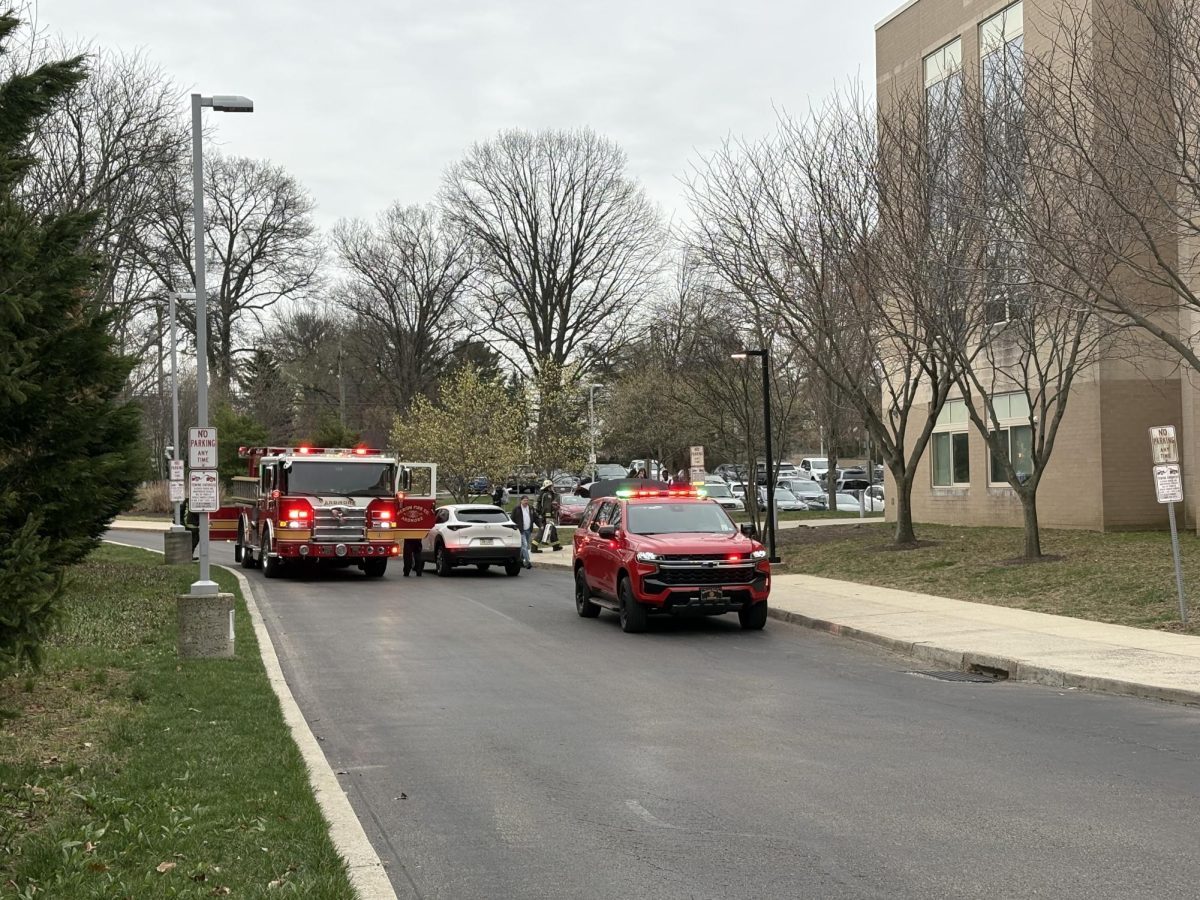The Lower Merion Police Department (LMPD) instituted its hiring standards in 1900 following its designation as the first police force of the newly established township.
This year, the 125 year old hiring requirements were amended. By amending the township code, the LM Board of Commissioners sought to attract applicants coming out of a scarce hiring season. Most requirements were revised to increase applicant demand. However, a few stuck out from the majority; a 5,000 dollars bonus for new hires, the elimination of the previous 30 dollars application fee, and the removal of the mandate for sixty college credit hours or five years of experience with a municipal or state police force. As a result, potential candidates now only need a valid high school diploma to qualify for the position.
These changes come amid recent trends of declining interest in law enforcement careers; a concern becoming increasingly urgent for the LMPD. Officer Darren Swain notes that with the work, “demanding night and weekend shifts,” it “doesn’t appeal to this generation.” Furthermore, due to the influx in establishment of police departments LMPD seems to fall at the “bottom of the list.” in terms of selection. Therefore, to combat the applicant scarcity LMPD suggested broader requirements.
Subsequently, limiting restrictions has benefitted the applicant pool immensely. Swain shares how after four months of recruitment last year, the LMPD ended up with,“160 or so applicants.” By contrast, “after just about a month of recruitment for this cycle.” Swain additionally adds how the department has garnered ,“130 applicants, with three months to go.” This surplus in applications, which coincides with the many changes to the department’s hiring requirements, clearly suggest that loosening restrictions has had a positive impact on recruitment efforts. However, this shift has raised concerns for many about the potential effects on the quality of candidates. Arguably the most controversial adjustment—the lowering of educational requirements—has led some to question whether candidates with only a high school education can adequately serve as law enforcement officers. One concerned student, who wished to remain anonymous, questioned, “How are we supposed to trust newly trained officers will abide by the law in which they have a high school education on?” Echoing this concern, Elia Bonita ’25 remarked, “I’m supposed to trust these officers with my life and it would concern me to believe that some of them have not received the optimal education on the laws they are supposed to enforce.” Clearly, these concerns highlight the tension between hiring more officers as well as ensuring the education they possess allows them to competently perform their duties. Therefore, Alistair Browning ’26 suggests that when hiring for law enforcement, we should “probably suit for quality above all else, because an error could be life or death.”
Despite these concerns, others argue that expanding the hiring pool could have positive effects. Aliyah Brownstein ’25 notes that “while higher education can help with skills like problem-solving and understanding the broader historical and legal context of policing, I don’t believe it to be necessary for those skills. It’s worth noting that higher education is becoming increasingly obsolete. I also think that by removing the requirement for a degree, the hiring process might be more accessible to a broader pool of candidates who are interested in public service but cannot afford or do not have the time for higher education, which could diversify the police force.” Adding on to that, Swain notes, “conventional education isn’t always the best gauge for someone’s qualifications to do the job.” He points to LMPD’s thorough vetting process, including background investigations, as a safeguard to ensure that only the most suitable candidates are hired.
Another key change, the removal of the 30 dollar application fee, further enhances the appeal of joining the LMPD. The introduction of a 5,000 dollar signing bonus for new recruits has also proven to be a highly effective incentive, widening, “the net to get more qualified applicants.” and increasing interest in joining the force. The bonus serves as a means to encourage applicants as well as a valuable tool to combat the broader recruitment crisis within law enforcement agencies. Lower Merion alum, Connor Kleinman ’24, adds that “you should not have to pay to apply to a job, especially not one in law enforcement,” acknowledging that the 30 dollar fee had previously been an unnecessary barrier for potential recruits.
Ultimately, the recent amendments to LMPD’s hiring requirements reflect a pragmatic response to the evolving challenges in law enforcement recruitment. It is evident that LMPD’s efforts to attract a more diverse, qualified applicant pool are beginning to yield results. Although questions and concerns still remain, the adjustments were made in the hope of increasing the pool of applicants to find a variety of potential candidates. On behalf of the LMPD, Swain aptly stated the department works “tirelessly to try to provide a high level of service that is suited for the needs of this community. We care, we’re invested, and we will continue to work hard to maintain the peace and order in this area,” reflecting the department’s dedication to serving the community by even altering the previously stagnant hiring restrictions.






